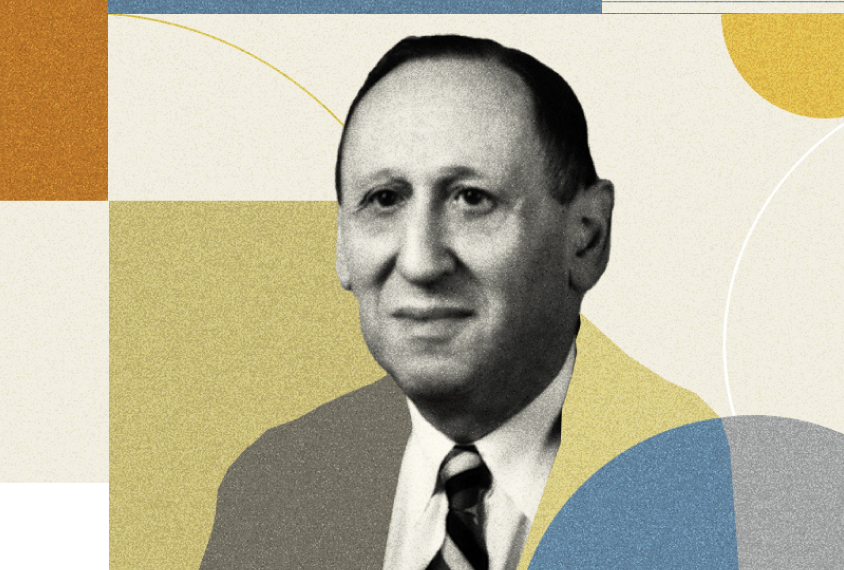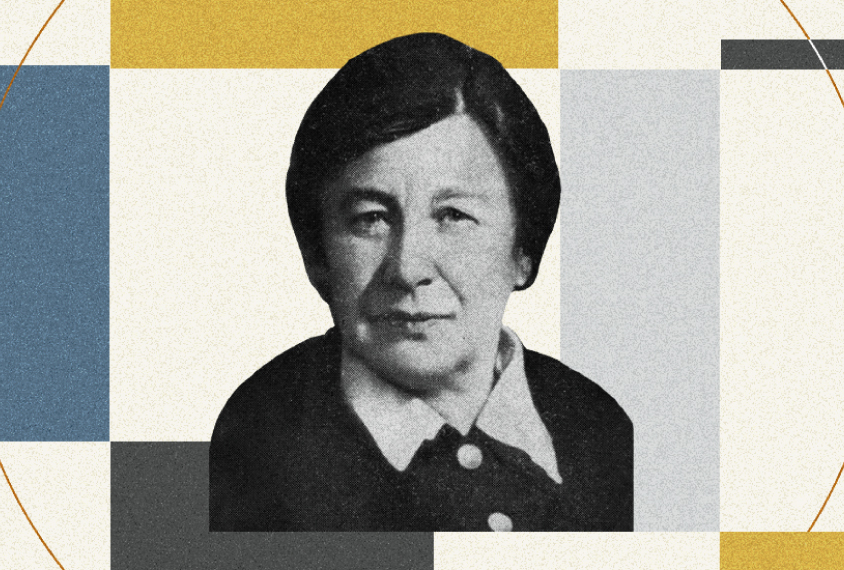
David Dobbs
Contributing writer
The Transmitter
From this contributor
Remembering Mark Hallett, leader in transcranial magnetic stimulation
The long-time NINDS researcher, best known for studying movement disorders, has died at age 82.

Remembering Mark Hallett, leader in transcranial magnetic stimulation
The new history of autism, part III
For decades, two figures have dominated the history of autism studies. Today, newly excavated documents are calling into question the primacy of these men as founders of the field.
The new history of autism, part II
For decades, two figures have dominated the history of autism studies. Today, newly excavated documents are calling into question the primacy of these men as founders of the field.
The new history of autism, part I
For decades, two figures have dominated the history of autism studies. Today, newly excavated documents are calling into question the primacy of these men as founders of the field.
Rethinking regression in autism
The loss of abilities that besets some toddlers with autism is probably less sudden and more common than anyone thought.
Explore more from The Transmitter
Astrocytes orchestrate oxytocin’s social effects in mice
The cells amplify oxytocin—and may be responsible for sex differences in social behavior, two preprints find.

Astrocytes orchestrate oxytocin’s social effects in mice
The cells amplify oxytocin—and may be responsible for sex differences in social behavior, two preprints find.
Neuro’s ark: Spying on the secret sensory world of ticks
Carola Städele, a self-proclaimed “tick magnet,” studies the arachnids’ sensory neurobiology—in other words, how these tiny parasites zero in on their next meal.

Neuro’s ark: Spying on the secret sensory world of ticks
Carola Städele, a self-proclaimed “tick magnet,” studies the arachnids’ sensory neurobiology—in other words, how these tiny parasites zero in on their next meal.
Autism in old age, and more
Here is a roundup of autism-related news and research spotted around the web for the week of 2 March.

Autism in old age, and more
Here is a roundup of autism-related news and research spotted around the web for the week of 2 March.



